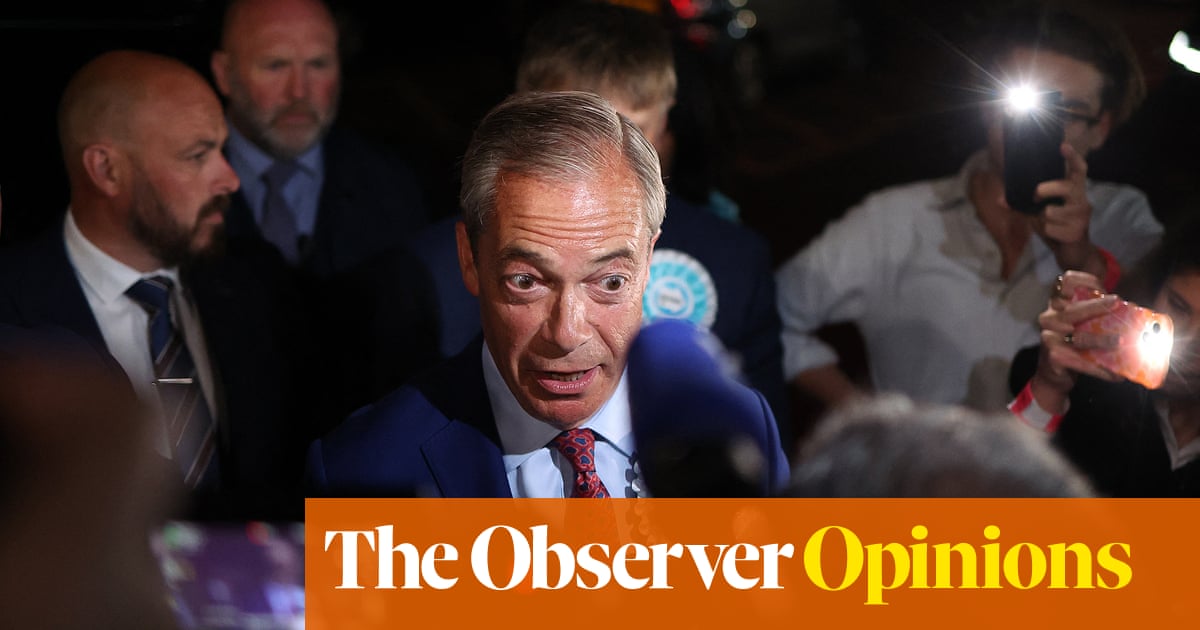The sight of other world leaders toadying up to the US president-elect – the criminal Donald Trump – and his henchman Elon Musk is distasteful enough, but in the world of realpolitik they probably feel they have no option.
The great American journalist HL Mencken did not live to see the fulfilment of his 1920 prophecy that “one day the White House will be occupied by a downright fool and complete narcissistic moron” but he is no doubt turning in his grave.
However, the rest of us have to live with this. And even before the inauguration, the ramifications of the recent presidential election result are being felt far and wide.
The threat of the erection of a tariff wall has already contributed to the rising economic troubles of the US’s northern neighbour, Canada, where Prime Minister Trudeau has suffered the sudden resignation of his finance minister, Chrystia Freeland. With higher tariffs in the offing, Freeland did not wish to endanger a programme of budgetary stability by bowing to Trudeau’s plan for what she regarded as ill-justified vote-buying fiscal concessions.
Meanwhile, all over Europe the threat of a tariff war is causing a fundamental rethink of economic strategy. The Norwegians, long sceptical about joining the full EU, are now apparently having second thoughts. There is even speculation that the Swiss might be thinking about this, although I shall believe that when I see it.
For the UK it becomes more and more obvious that we should be better protected within the European trading tent than outside it. The economic damage wrought by Brexit is now so manifest that recent surveys indicate that a majority of electors would like us to rejoin the customs union and the single market.
It is sad that Keir Starmer still seems to believe that he can come to a satisfactory trade deal with the US, independently of the EU. Starmer and his beleaguered chancellor, Rachel Reeves, have scored enough own goals during their first six months in office without adding to them by laying themselves open to Trump’s self-interested demands for the shape of a US-UK trade deal.
Which brings us to the preoccupation of British political parties and the media generally with that fantasist Nigel Farage and his misleadingly entitled Reform party.
I note, by the way, that Spain is encouraging immigration in the interests of economic growth
Once this government gets its act together and stops criticising the civil service for its own faults, it should mount a full attack on Farage and most of what he stands for. In the long run, this would be beneficial for the nation and Labour’s own prospects. By bowing to Reform’s prejudices against immigration with “dog whistle” signals, ministers do themselves no good.
To take one glaring example of the way ill-judged prejudice is the enemy of the good: there is a direct contradiction between the government’s ambition to build a lot more houses and the bias against so-called immigrant labour. I say “so-called” because so many of the eastern European building workers on which the economy depended until recently were not settled permanently here. As this economy became integrated into the wider European economy, we resembled a region of the US: there were supply lines of goods, services and people – labour, if you like – and construction workers would return frequently to eastern Europe, which remained their base.
We now read that the government’s building programme is threatened by a shortage of anything between 150,000 and 200,000 bricklayers, many of whom would previously have to-ed and fro-ed between the UK and eastern Europe. I note, by the way, that Spain is encouraging immigration in the interests of economic growth!
Now, both Germany and France, long considered the powerhouse of the EU, are experiencing serious political and economic problems. But at least, as an integral part of the EU, they are likely to find strength in numbers in tariff negotiations.
We need to join them; but, despite Starmer’s emphasis on better relations with the EU, his, and his chancellor’s, stubborn refusal to countenance rejoining the customs union and the single market leave his negotiating team with both hands tied behind their backs.
But back to Farage. Fear of Farage and what is now called Reform was a principal reason – possibly the reason – why David Cameron made his ill-fated decision to call the 2016 referendum. Brexit was Farage’s panacea for the UK’s economic problems. It has proved a disaster.
Farage reminds me of the ridiculous Roderick Spode in PG Wodehouse’s The Code of the Woosters. True, Farage is not as nasty as Oswald Mosley, the 1930s fascist with his “blackshirt” followers on whom Spode was based. But, having been largely responsible for the disaster of Brexit, he must be laughing all the way to Musk’s bank at the way he is still being taken seriously.
∎